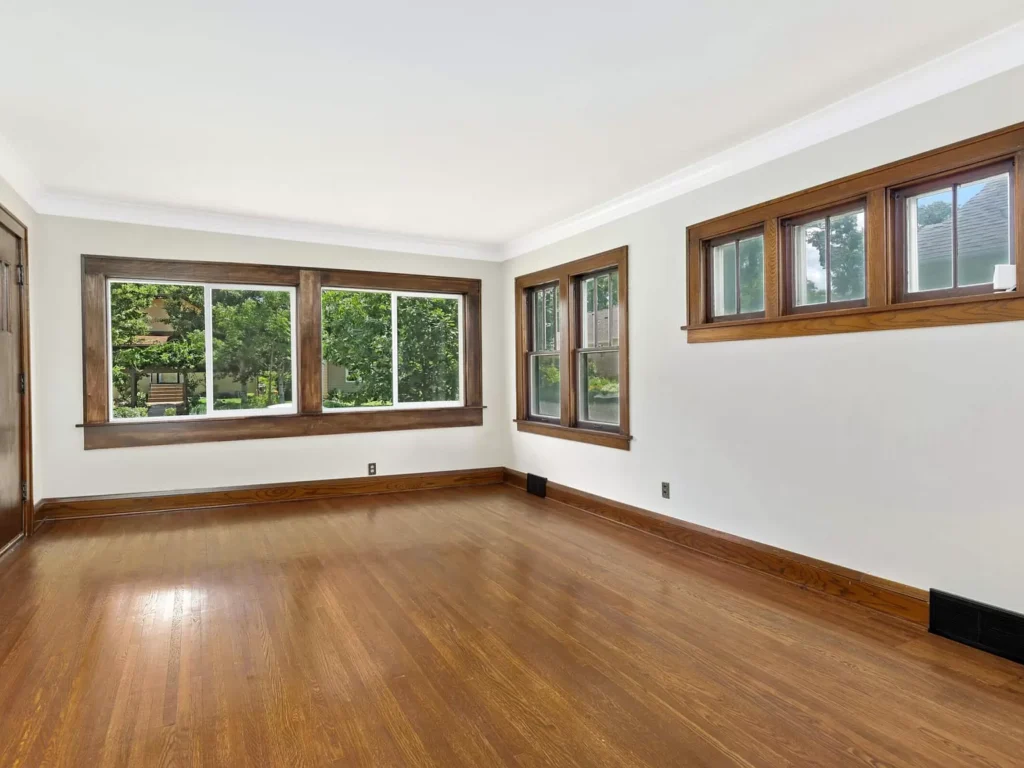Buying a home is a significant investment and a major life decision. While it can be an exciting process, it’s essential to avoid common pitfalls that could lead to financial strain or buyer’s remorse. Here are some top mistakes to avoid when buying a home:
1. Not Getting Pre-Approved for a Mortgage
Before you start house hunting, it’s crucial to get pre-approved for a mortgage:
- Budget Clarity: Pre-approval gives you a clear idea of how much you can afford, preventing you from falling in love with a home that’s out of your budget.
- Negotiation Power: Sellers are more likely to take your offer seriously if you’re pre-approved, as it shows you’re a committed and qualified buyer.
2. Overlooking Additional Costs
Beyond the purchase price, there are several additional costs involved in buying a home:
- Closing Costs: These can include loan origination fees, appraisal fees, and title insurance.
- Maintenance and Repairs: Factor in ongoing maintenance and potential repair costs.
- Property Taxes and Insurance: Ensure you account for property taxes and homeowner’s insurance in your budget.
3. Not Researching the Neighborhood
The location of your new home is just as important as the home itself:
- Amenities and Services: Check the proximity to schools, hospitals, shopping centers, and public transport.
- Safety: Research crime rates and neighborhood safety.
- Future Development: Understand the area’s future development plans, which can affect property values and quality of life.
4. Skipping the Home Inspection
A thorough home inspection can uncover potential issues that might not be visible during a showing:
- Structural Problems: Identify any major structural issues or necessary repairs.
- Safety Concerns: Ensure there are no safety hazards such as faulty wiring or mold.
- Negotiation Tool: Use the inspection report to negotiate repairs or a lower price with the seller.
5. Making Large Purchases Before Closing
Avoid making significant financial changes before closing on your home:
- Credit Impact: Large purchases can affect your credit score and debt-to-income ratio, potentially jeopardizing your mortgage approval.
- Financial Stability: Maintain financial stability by avoiding new credit lines or significant expenses until after closing.
6. Focusing Only on Aesthetics
It’s easy to get distracted by a home’s appearance, but it’s important to consider the underlying condition and functionality:
- Structural Integrity: Ensure the home’s foundation, roof, and major systems (plumbing, electrical, HVAC) are in good condition.
- Future Renovations: Consider the cost and feasibility of any necessary or desired renovations.
7. Ignoring the Resale Value
Think about the long-term potential of the home:
- Market Trends: Understand the local real estate market and how it might affect future resale value.
- Desirable Features: Look for features that are generally desirable to future buyers, such as good schools, a safe neighborhood, and convenient location.
8. Not Considering Your Future Needs
Your needs may change over time, so consider the home’s suitability for the long term:
- Family Growth: Plan for potential changes in family size, such as having children.
- Lifestyle Changes: Think about how your lifestyle might change and whether the home will still meet your needs.
9. Being Too Emotional
Buying a home is an emotional process, but it’s important to remain as objective as possible:
- Clear Criteria: Set clear criteria for what you need and want in a home.
- Avoid Overpaying: Don’t get into a bidding war that leads you to overpay for a property.
- Stay Grounded: Remember that this is a financial investment, and keep your budget and long-term goals in mind.
10. Not Hiring a Real Estate Agent
A knowledgeable real estate agent can be an invaluable resource:
- Market Knowledge: Agents have extensive knowledge of the local market and can help you find the best properties within your budget.
- Negotiation Skills: They can negotiate on your behalf to get the best deal.
- Guidance: Agents can guide you through the complex process, from house hunting to closing.
By avoiding these common mistakes, you can navigate the home-buying process more smoothly and make a decision that you’ll be happy with for years to come. Remember to do your homework, stay within your budget, and seek professional advice when needed to ensure a successful and satisfying home purchase.

